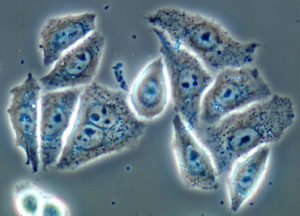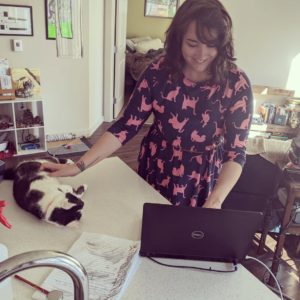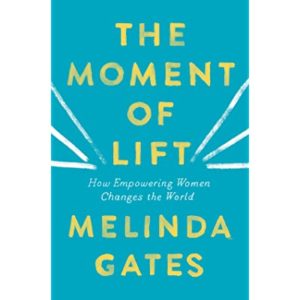In The Path: What Chinese Philosophers Can Teach Us About the Good Life, we are told how, according to Chinese tradition, people can reconstruct their past over and over and may, in turn, live differently. Using simple yet sophisticated prose, the authors Michael Puett and Christine Gross-Loh catalyze this process for us. They redefine and reimagine our collective human past in a connected, clear way that springs from the page in a captivating dance – and enables and empowers us to better care for one another.
The authors’ nuanced understanding of the ancient Chinese philosophers such as Confucius, Mencius, Laozi, Zhuangzi, and Xunzi takes us on a journey that begins with conceptualizing the self and ends by offering an important critique of and alternative to the myopic, misused terms that stifle important discussion about contemporary issues. For example, through rejecting social constructs that divide and refusing to fragment our lives into the arbitrary yet common realms of social, personal, and professional, we “restrict what we are capable of doing and becoming.” Puett and Gross-Loh conclude their book summarizing the challenge ancient Chinese philosophers pose and asking us to reimagine the world – to imagine a world not based on “modern,” Western assumptions.
The Path neither succumbs to official narratives nor employs the rigid epistemes and poetics that have stifled diverse thought and experience. Specifically, while published in the West, it does not ascribe to Western conventions and parameters and celebrates the iterative, dynamic, and unpredictable path on which we travel. In essence, it offers a way for us to become closer to The Way. In turn, we better embrace, celebrate, and continue to create (and debate) a dynamic order—within ourselves, amongst other humans, and with the world—that is open and receptive to new things.
For public health students, researchers, practitioners, and aficionados, this text is an important call to remember that public health is inherently a transdisciplinary field. It is a reminder that there is a multiplicity of ways to imagine, define, and measure an issue. This book is a beacon of light guiding us to reconsider how we conceptualize wellness and effective health solutions. For example, one-off and short-term interventions may not cultivate the sustained behavior change that is necessary to improve both individual and population health in the long run. Surgery may not prove successful without long-term complementary behavioral therapies. Identifying and treating the true etiology of disease—not the most immediate, proximal cause(s) but rather the most distal, upstream factors—will take place at the collective level. This requires reimagining health, wellness, and how we, as a global village, organize and activate to care for one another.
This book inspires and encourages all of us prosumers of health information to transcend assumptions and transform our relationships to inspire and instill goodness for all.
- A New Year, A New Needed Perspective - November 17, 2022
- Navigating the Line Between Discomfort and Uncomfort: Exploring Cultural Immersion - November 2, 2022
- Locating Eckhart Tolle’s “A New Earth” Within Current Public Health Epistemology: A Book Review - October 12, 2022




